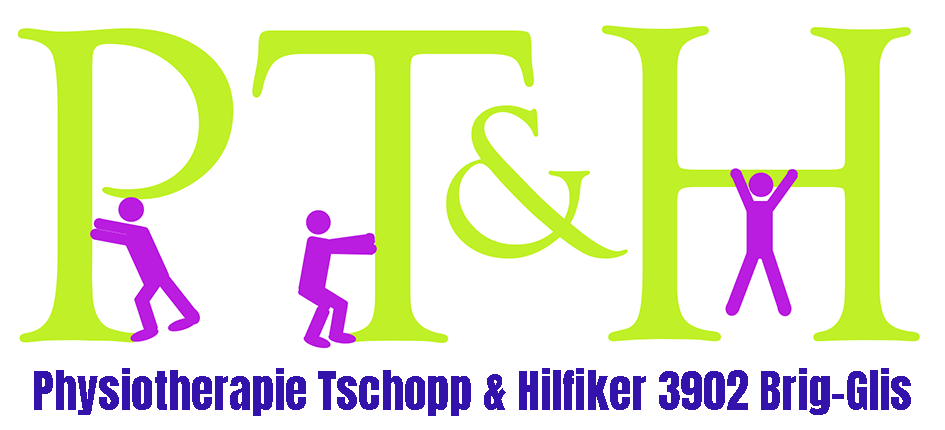News
31.05.2020
This site is still under construction
Cancer Related Fatigue in Adults
Cancer related fatigue is very frequent, most people with cancer experience some cancer related fatigue, and more than 30% reports moderate-to-severe fatigue in the first year after the cancer diagnosis (Weis & Horneber 2014). One in four women with breast cancer reports severe Fatigue (Abrahams et al. 2016). Fatigue is due to the cancer or the cancer treatment.
Cancer related Fatigue can not only affect the quality of life of the patients, but also their families.All patients with cancer should receive information on cancer related fatigue before the onset of fatigue (NCCN Guidelines 2020). Before treatment, reassurance is important that fatigue might be a due to the treatment and not necessarily because the disease is progressing. This is important to avoid underreporting of fatigue (as patients might not report fatigue because they fear that it is due to disease progression) (NCCN Guidelines 2020).
Every patient with cancer should be screened for fatigue (NCCN Guidelines 2020). Different assessment tools exist. On a numeric rating scale, where 0 = no fatigue, and 10 = worst fatigue imaginable, mild fatigue is defined as 1 to 3 points, moderate fatigue 4 to 6 points, and severe fatigue from 7 to 10 points (NCCN Guidelines 2020). Patients reporting 7 or more points out of 10 have a marked decerease in physical functioning (Mendoza et al. 1999) .
Psychological interventions and physical activity / exercise should be prescribed, as they both might help to reduce fatigue (Mustian et al. 2017). It is recommended to help the patients find a physical activity or exercise that they like (Hilfiker et al. 2018).
Definition of Cancer Related Fatigue
Cancer related fatigue was defined by the National Comprehensive Cancer Network (NCCN) Guidelines as follows (Version 2020):"Cancer-related fatigue is a distressing, persistent, subjective sense of physical, emotional, and/or cognitive tiredness or exhaustion related to cancer or cancer treatment that is not proportional to recent activity and interferes with usual functioning." NCCN Guidelines 2020
Links for people with cancer:- American Cancer Society: What is Fatigue or Weakness
- National Cancer Institute (USA): Fatigue, Patient Version
- Cancer Research UK: What is cancer fatigue
- National Comprehensive Cancer Network: Patient and Caregiver Resources
- National Cancer Institute (USA): Fatigue, Health Professional Version
- National Comprehensive Cancer Network: Patient and Caregiver Resources
Causes of Cancer Related Fatigue
It is not always easy to find the exact causes of fatigue as many potential sources might be involved, such as anaemia, cancer itself, cancer treatments, medications (e.g. antihistamines, antidepressants, narcotics, anti-nausea drugs) depression and anxiety, pain, sleep problems, inactivity, malnutrition, or other diseases.
There are a lot of publications on cancer related fatigue. Figure 2 shows the number of publications in PubMed that used the term cancer related fatigue in the title or abstract.



